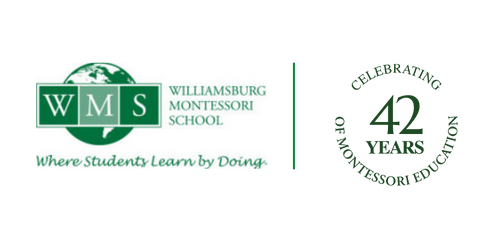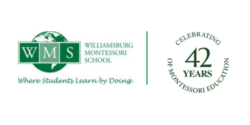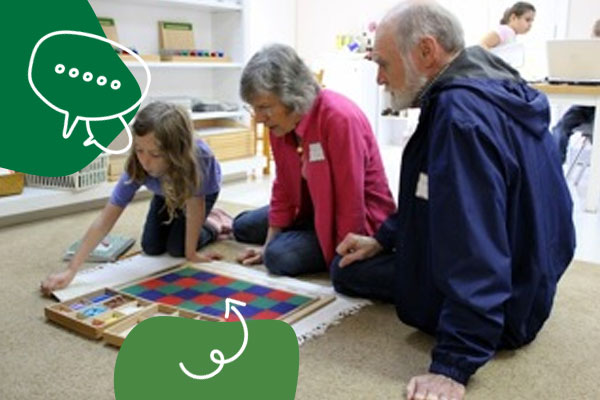It may be time to start thinking about school choice for your little one. Or maybe you recognize that your older child is not fully engaged in learning in the way that they should, and that they need something different than what a traditional education can offer. You might want to consider a Montessori School education. Maybe you are hesitant because you were under the impression that children need a traditional education to be successful. Today we share the great benefit of participating in a Montessori school environment. It will build your child’s confidence and self-esteem so that it becomes impenetrable by the barrage of negative influences and messages that they encounter on a daily basis.
It is important for you first to know the differences between Montessori schools and traditional ones so that you have the tools to make an informed decision. The easiest way to explain the ideology of the Montessori school is that we are “student-centered”. School by definition should be student centered. What separates Montessori schools is the intentional focus on the individual needs of students, who are encouraged to learn at their own pace, through their own experiences, within a collective, collaborative group in varying age ranges. In a Montessori class, the teacher serves as a guide, and time is infinite in the sense that students are never rushed to master a skill. They are given the time they need to explore, and at their own pace, they come to their own answers, gaining valuable life skills. They also learn the value and great worth of their own thoughts and words. They learn to have a voice. Additionally, there are multiple studies on the great success rate of older students that attended Montessori school when they were younger. US News and World Report shares, “researchers tested approximately 140 students at the start of the preschool and found that both the Montessori and non-Montessori kids began at age three with similar achievement scores. The 70 students who went to the Montessori schools advanced more rapidly on math and literacy tests over the next three years. At the end of kindergarten, when this study ended, the Montessori kids had significantly higher achievement.”
Here are just a few notable differences between a Montessori Education and a traditional one:
| Montessori School Characteristics | Traditional School Characteristics |
|---|---|
| No tests, no grades, personal success for merit | Test performance & grades for merit |
| Established love for Learning | Forced Mandatory Learning |
| Self esteem from personal success | Self Esteem from judgement & validation |
| Flexible range of ages based on development | Grade Levels based on age |
| Children work at their own pace | Children work at same pace, regardless of challenges |
| Teachers serve as guides | Teacher talks, students listen |
| Time is provided to master a skill | Deadlines and time constraints are constant |
| Hands on, active learning | Listening, memorizing, testing |
| The child is the focal point of learning | The teacher dictates all learning |
As the list points out the many differences, it is clear that the two methods are at opposite ends of the educational spectrum. At Williamsburg Montessori School, we stand by the effectiveness of those differences. Voted number one in the Virginia Gazette, Best of Greater Williamsburg, we have been committed to providing the best Montessori education for the past 39 years. We effectively guide the natural learning process of each child. In our small classes, we provide a hands-on, peaceful learning environment where children are encouraged to explore their own ways of handling challenges and to help each other learn. We would value the opportunity to welcome your child and guide them in the process of reaching their full potential. Contact us for more information and a tour of our campus.



